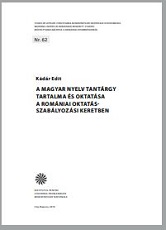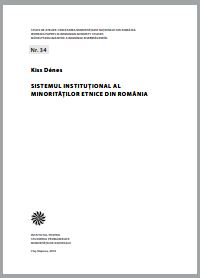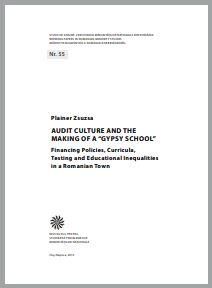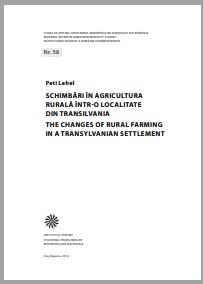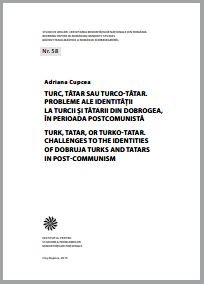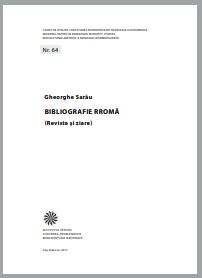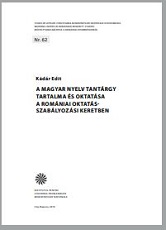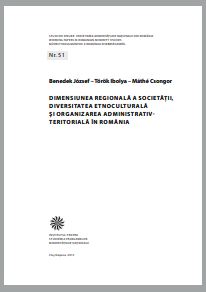
The Regional Dimension of Society, Ethnocultural Diversity and Administrative-Territorial Organization in Romania
Dimensiunea regională a societăţii, diversitatea etnoculturală şi organizarea administrativ-teritorială în România
Keywords: Ethnocultural Diversity; Administrative-Territorial Organization; Romania; Economic homogenity; transport;
Public debates on the regional dimension of societal organization are plagued by a series of stereotypes originating in the lack of adequate knowledge about this phenomenon. Precisely because of this, the aim of this study is to present in a systematic and analytic manner the theoretical concepts, working methods and their possibilities of application in solving some technical aspects related to the efficient management of territory and the related issue of great actual relevance in Romania, the organization of development regions. We do not intend to elaborate an optimal solution to the problem, as we believe that no such recipe exists; conversely, we wish to contribute to the debate by sketching a number of scientifically grounded alternative proposals, the effective realization of which depends on the actual political context. While the material may seem too technical and difficult to digest without a solid background in the field, the specialized language was needed in order to meet certain requirements of scientific analysis.
More...
